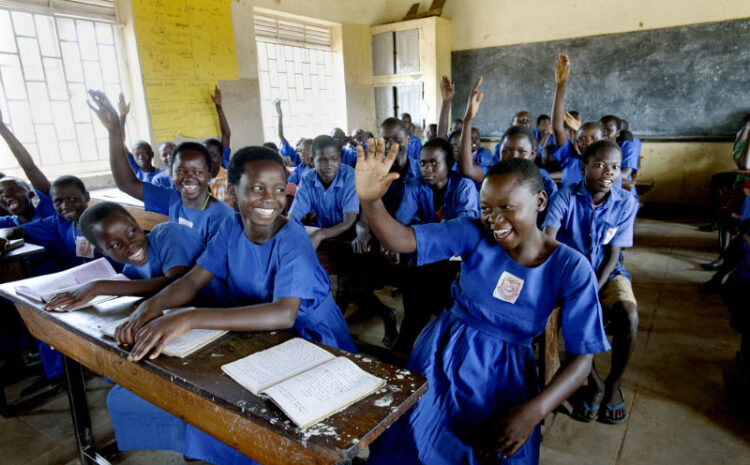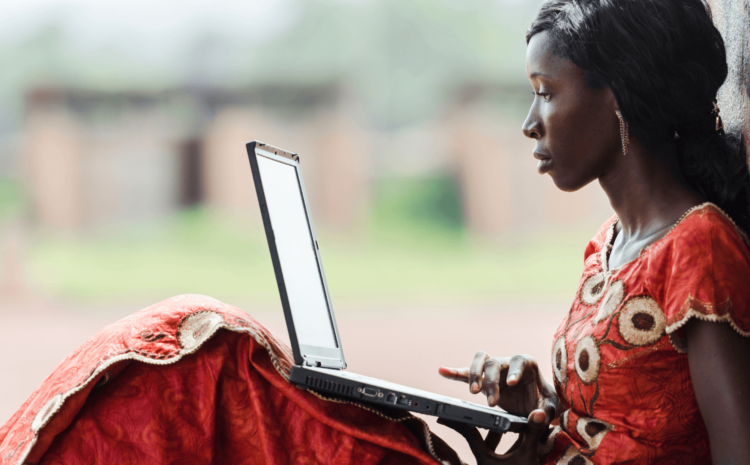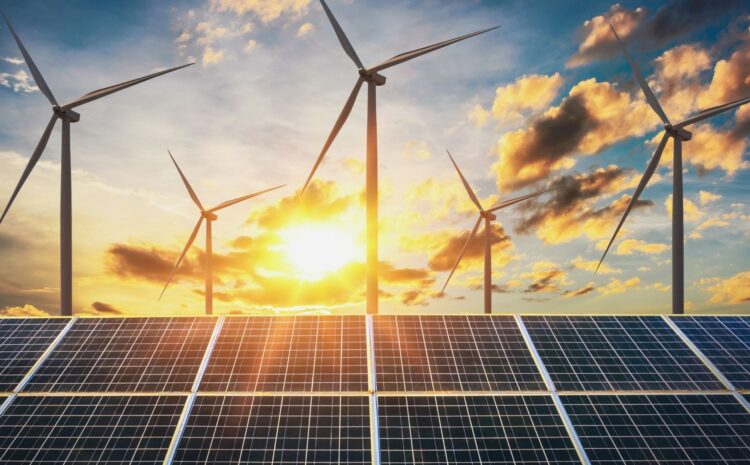For decades, international organizations and governments have struggled to bring education to the African continent. However, regardless of the resources deployed or the programs implemented, one thing is clear – a huge number of children remain out of school. The article begins with an elusive statistic: 246 million children are not in school. You may wonder what could be the cause of such a problem, but it is actually due to a number of factors – poverty, location, gender, conflict…just to name a few.









